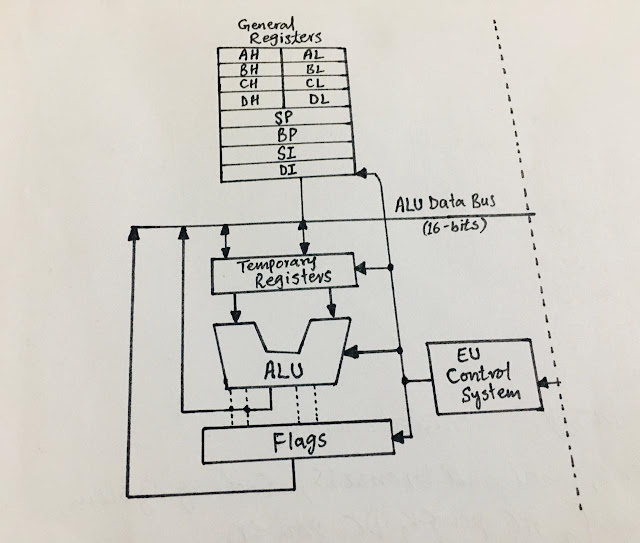What is Electrical Engineering , how and where Electrical Engineers work?
INTRODUCTION:
Electrical Engineering has a history of decades and the
changing trend of the modern world gets more modernized day by day because of
the engineering mainly electrical engineering.
Electrical engineering
is one of the vast scopes of engineering which has a pivotal role and
all the way related other studies of engineering and also with other disciplines
like, medical, physical-chemical, economic, commercial, and industrial
studies with which electrical engineering has a strong connection.
Without electrical engineers the doctors, physicists, and
all other experts can do their best in their fields in any way.
Electrical engineering is basically, a discipline of
engineering which is concerned with the study, application (theoretical and
practical) of equipment, devices, machines, and appliances which are run by
electricity, electromagnetism, and electronics. It has an emerging role in the commercialization
of the world.
It deals with the building, invention, and maintenance of
all electronic systems which are nowadays becoming the ever needed and ever used
in your daily lives.
Electrical engineering is known as the vast field of
engineering discipline because it is a concern with all the other disciplines of
engineering like, mechanical, chemical, civil, electronics, and automation
because its applications are found and applicable in the studies and works of
other engineering disciplines.
Electrical engineering often comes under the
applications of electronics and deals with all type of studies and usage of
electronic devices.
Electrical engineers often focus on the production and
distribution of electricity and electrical power and energy at larger and minor
scales. On the other hand, electronic engineers focus on the utilization,
application and distribution of that electrical power and energy, which is the reason behind you can say that without electrical engineers the electronic
engineers cannot do anything and cannot get their electronics run.
Because of the wide range of applications of electrical
engineering it is divided into further wider ranges and fields like computer
engineering, system engineering, radio frequency engineering, telecom
engineering, power engineering, instrumentation, radar, signal processing, and
electronics.
All these engineering disciplines overlap with other
engineering studies and including huge concerns of specializations which
include software and hardware engineering, power electronics, microwave
engineering, mechatronics, nanotechnology, electromagnetics, and waves,
electrochemistry, renewable energies, and electrical materials science.
Where an Electrical Engineer can work?
Electrical engineers having a degree in electronics or
electrical can easily be hired and get jobs in other related companies related
to engineering disciplines because of the strong dependence and connections of
the fields with electrical engineering. They can work in transport networks,
power generation and distribution, heating, lighting, ventilation, renewable
energy, manufacturing, and construction.
What does an Electrical Engineer do?
Electrical engineers can prepare and work with project
plans, estimate the time scale and cost of projects, they can help in managing
the works of technicians and craftspeople, they can test installations, analyze
data and ensure health and safety regulations are met.
They can also develop, design, supervise, and test the
manufacturing of electrical appliances which can be electric generators,
motors, meter readers, radar and navigation systems, satellites, communication tools
and devices, power generating equipment, and the music players to global positioning
systems (GPS).
You can also elaborate it like, “when a device which
utilizes, produces, generates, conducts, and uses electricity to run in any
aspect, it is designed and made run by electrical engineers”.
Nowadays, electrical engineers design electrical devices and systems using basic components which are coils, conductors, magnets, switches, batteries, resistors, capacitors, inductors, diodes, and transistors. So all the electrical and electronic devices either in a huge generator at any electric power plant or in any microdevice like microprocessors in your phones, watches, and computers use these basic components.




Comments
Post a Comment
if you have any doubt, please let me know.